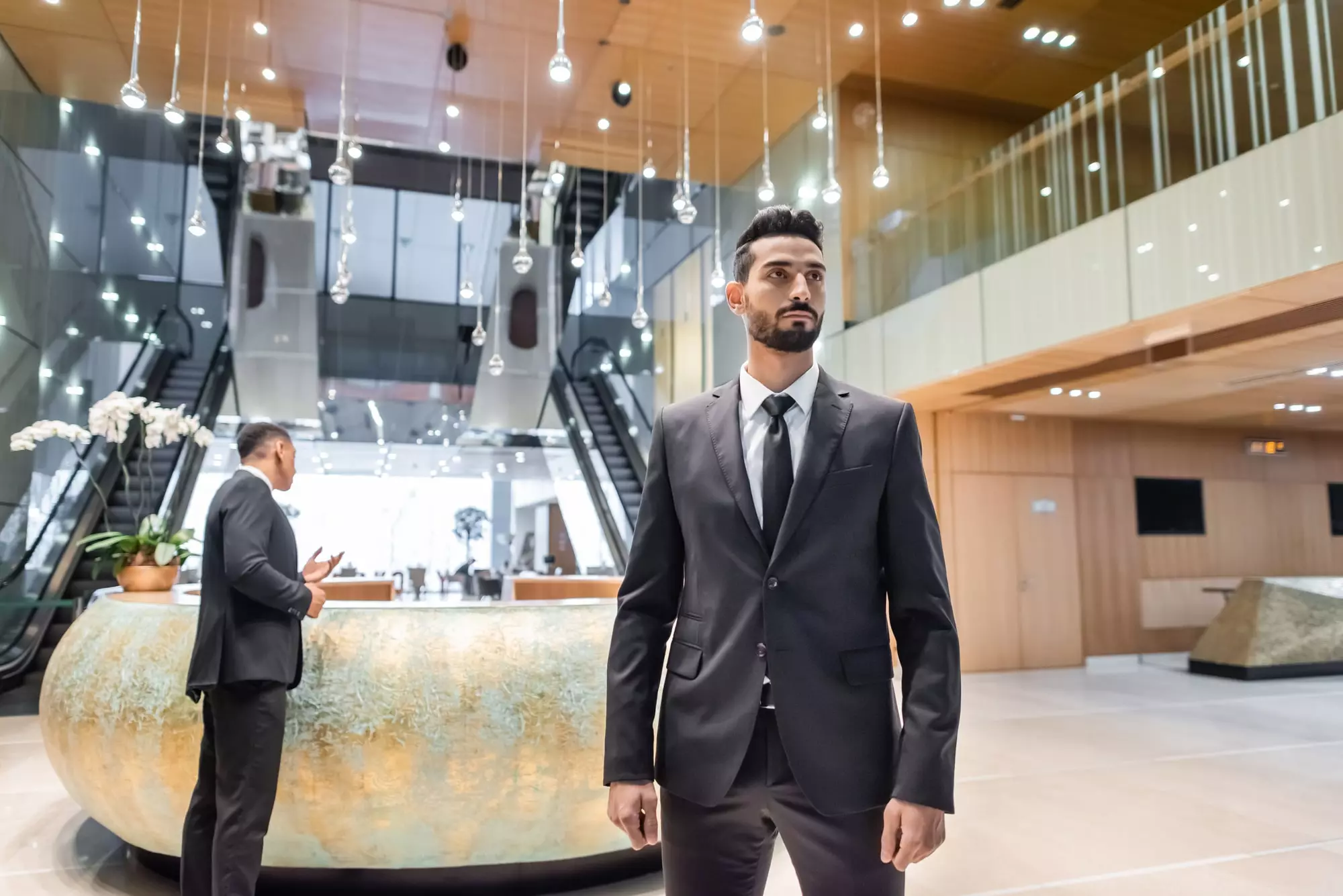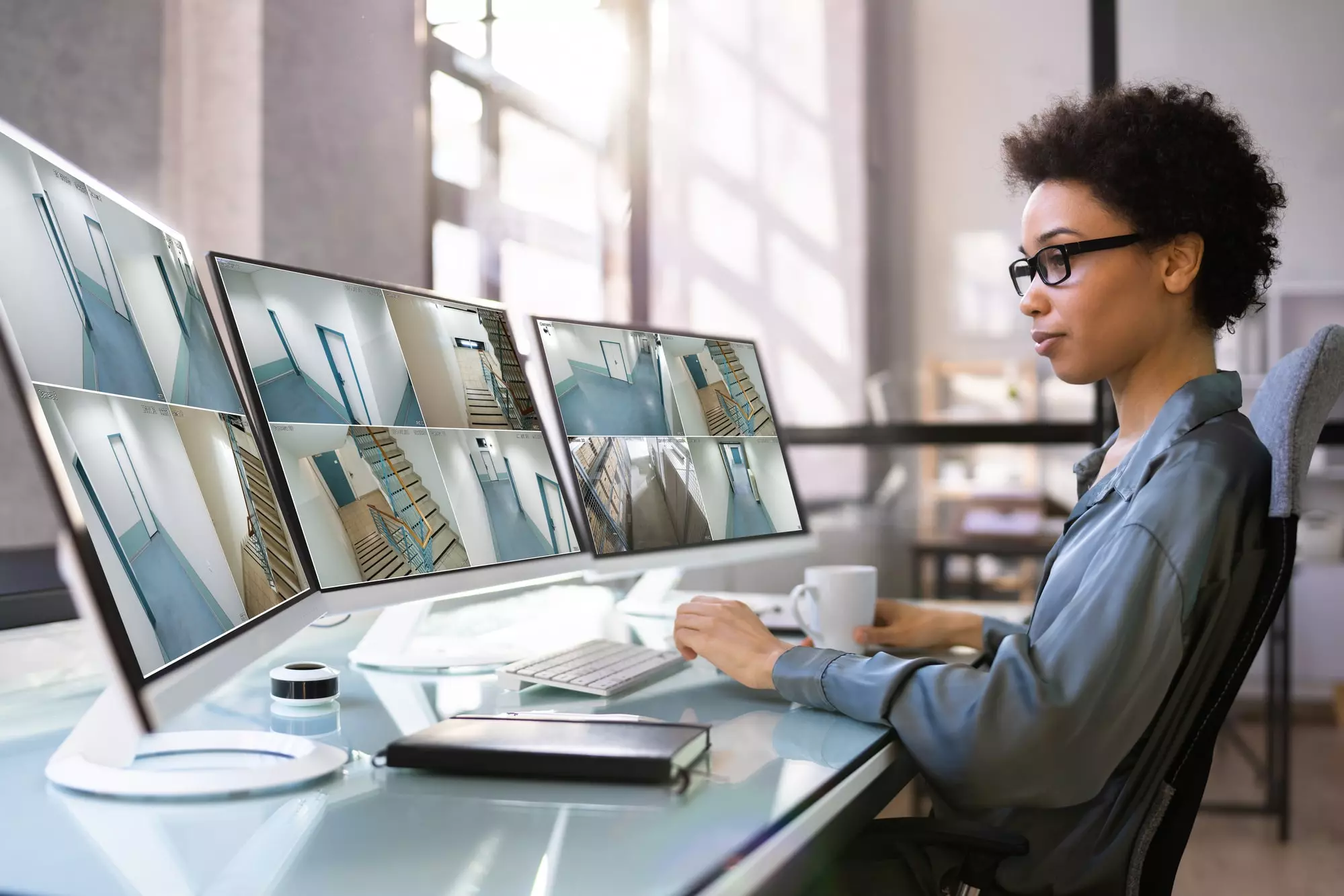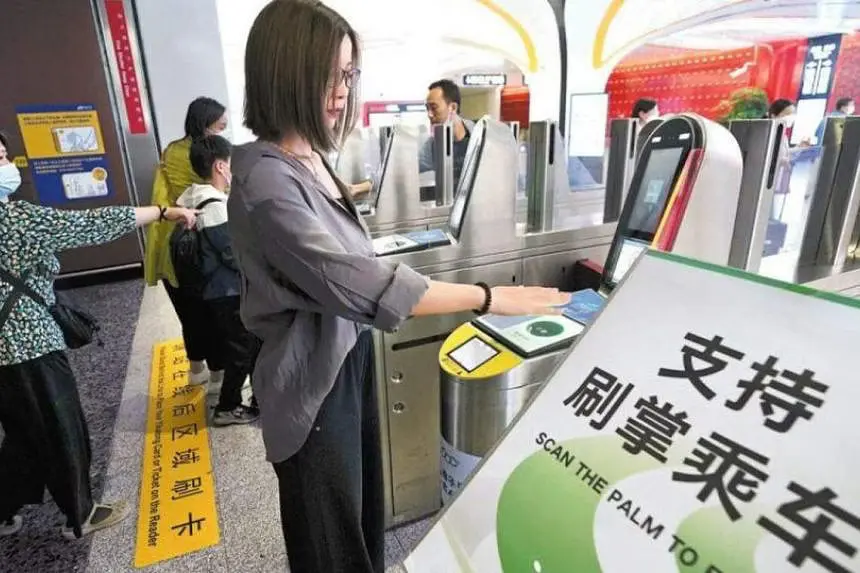
6 Ways To Improve Security In Hospitality Establishments
The hospitality industry is diverse and includes resorts, restaurants, hotels, and other businesses catering to travelers and tourists. However, as this industry continues to grow, so does the need to ensure the safety and security of guests and employees.
Hospitality establishments may face security threats and are exposed to certain risks, as all businesses are. These could include cyber fraud, fires, theft, and other incidents. Therefore, hospitality businesses must take proactive measures to prevent potential risks and protect their clients and reputation. Implementing effective security measures not only provides a secure and safe establishment for guests and employees but also helps to build trust and loyalty among customers
To help you improve security in your hospitality establishment, we’ve compiled some effective ways to create a safer and more secure environment.
1. Secure Wi-Fi Networks
A strong and stable Wi-Fi connection is one of the most sought-after amenities that guests expect as a hospitality establishment. However, besides guaranteeing a strong and stable internet, you must also ensure your Wi-Fi network is well-secured to prevent cyber threats. Make sure your establishment’s Wi-Fi network is encrypted and password-protected, with password changes done regularly.
Working with a managed IT service provider (MSP) can help secure and maintain your Wi-Fi network and keep your systems updated. Doing so helps minimize data breaches, identity theft, and other online risks that could result in potential lawsuits and damage your reputation.
MSPs can also proactively monitor your IT systems and respond to issues quickly to avoid costly downtime and keep your hospitality business running smoothly, according to FTIservices.com, a managed IT service provider.
2. Review Your Systems Regularly
A proactive approach is crucial in every business, and constantly reviewing your safety and security systems is imperative to stay ahead of the curve. Identifying current and potential threats and addressing any weaknesses in your existing protocols is important to minimize threats and risks.
Revisit your security mechanisms, monitor your performance, and audit your resources to see how else you can improve. The same holds in your cleaning and sanitation practices. More than aiming for compliance, enhance your practices by performing regular cleaning validation.
Cleaning validation is integral to ensuring the safety of surfaces and hospitality equipment from dirt and other contaminants. In this age, keeping your premises free from contaminants that might spread diseases and illnesses is important. You can learn more about the best types of cleaning validation to determine which method is ideal for validating the cleaning procedures in your establishment.

3. Use High-Quality Security Cameras
Even with enough security personnel in your establishment, they may only be able to monitor some of the premises, particularly if you have a large or multi-story hotel or restaurant. Thus, installing security cameras all around the area is highly recommended.
Security cameras can deter potential criminals from committing crimes and provide valuable evidence when untoward incidents occur. Install surveillance cameras in all high-traffic areas, including lobbies, hallways, elevators, dining areas, and parking lots. Also, ensure that your security cameras are of high quality and hire maintenance services to ensure they function correctly.
4. Hire Professional Security Personnel
Security personnel, such as security guards, can help improve security in and outside your premises. They will roam around the building for monitoring, identify potential security threats, and respond to security incidents. Have at least one security personnel in the entrance and lobby where most guests congregate during check-ins and check-outs. When hiring security personnel, choose companies with well-trained and equipped staff who can respond to security incidents effectively.
5. Implement Access Control
Access control systems can prevent unauthorized access to restricted areas and track who enters and exits the building. With access control systems, non-registered guests and unsolicited visitors will only have access to the rooms or the building if they go through the reception area or present valid credentials using automated systems. This is especially useful for large-scale hotels or restaurants that accept hundreds or thousands of guests daily.
6. Strengthen Your Safety Mechanisms
Security isn’t only about protecting your establishment from theft, cyberattacks, and burglaries; it’s also about being safe from accidents like fire. Therefore, ensure your building has installed smoke detectors, fire alarms, and sprinkler systems.
Conduct regular fire and safety drills, including first aid and basic life support training to ensure your staff knows what to do during disasters and emergencies. You should also place evacuation instructions and fire escape plans in every guest room so everyone knows what to do in case of a fire or other emergencies.
The Bottom Line Hospitality security
Effective security measures are crucial for any hospitality establishment to ensure the safety and security of guests and employees. By securing Wi-Fi networks, reviewing protocols regularly, using high-quality security cameras, hiring professional security personnel, implementing access control systems, and installing fire safety systems, you can prevent potential security threats and minimize risks in your establishment.
Ensuring security is an ongoing process that requires regular review and updates. So, take proactive measures today to secure your brand and provide a safe experience for everyone.










